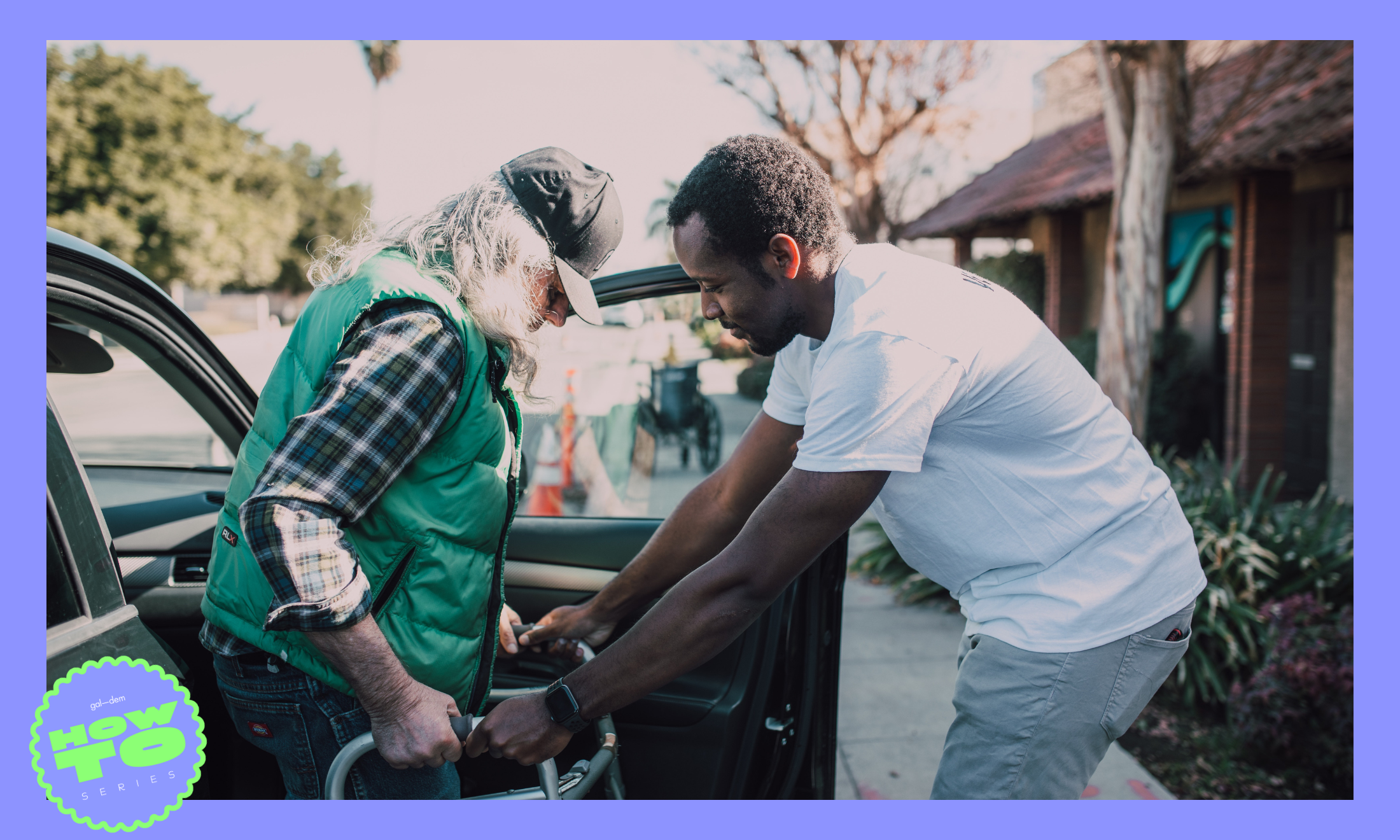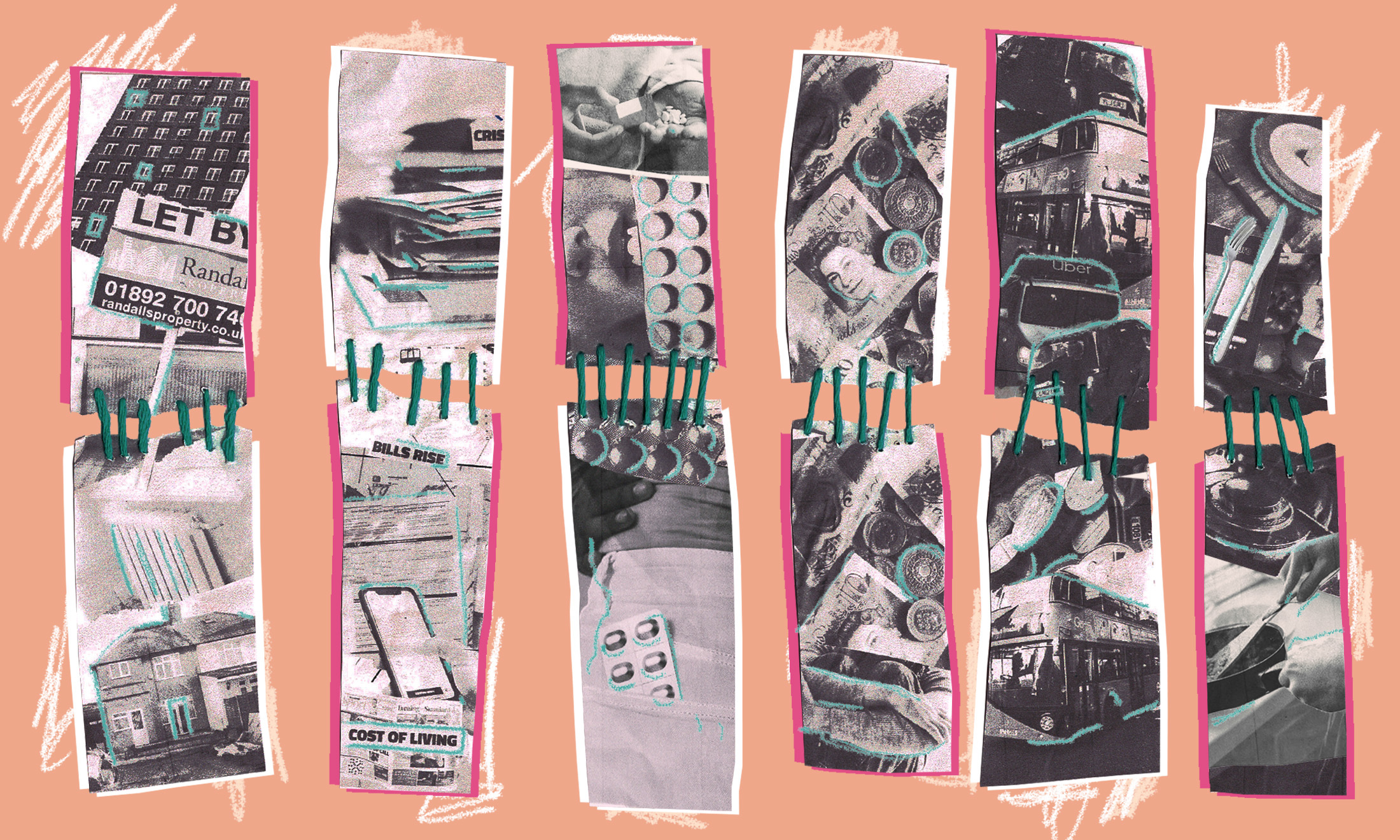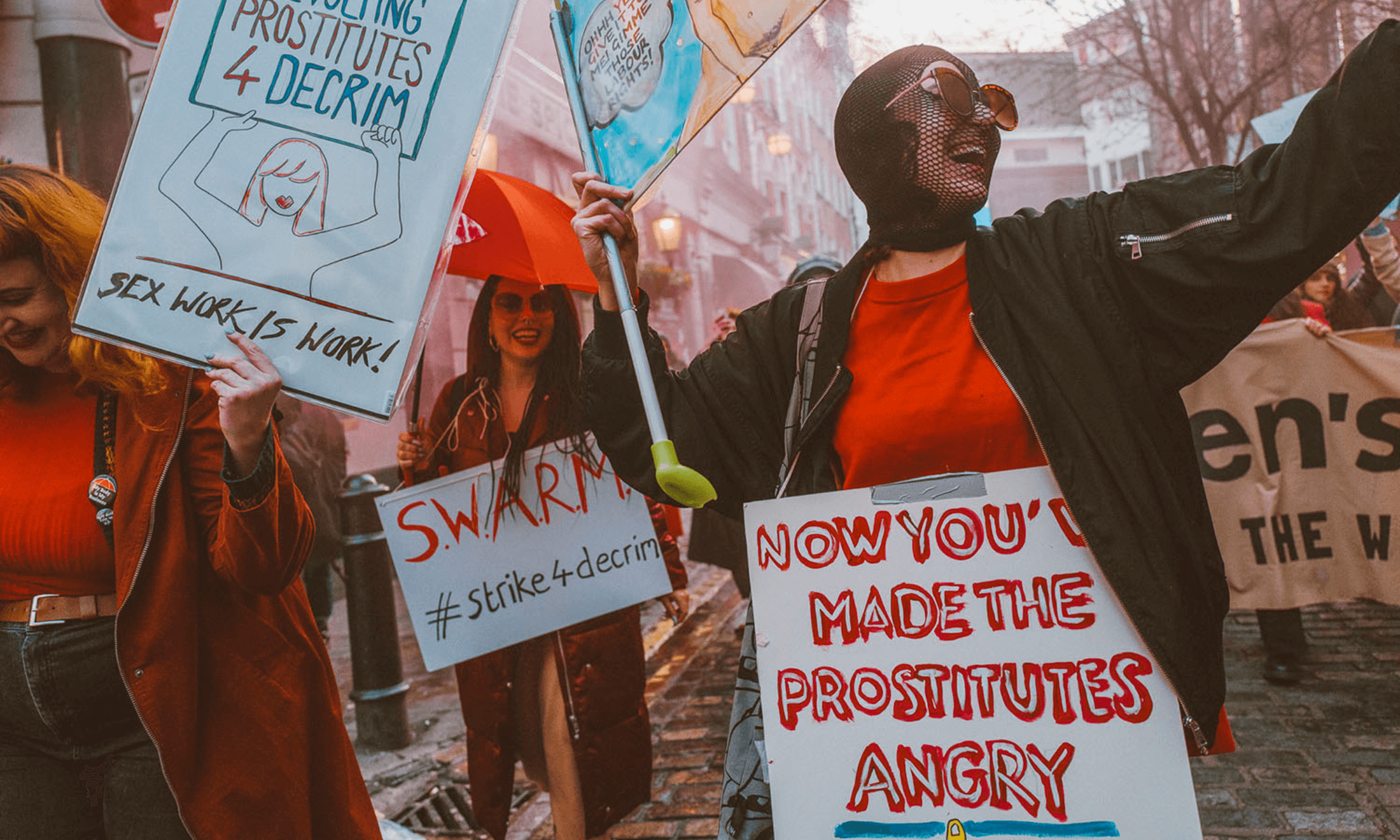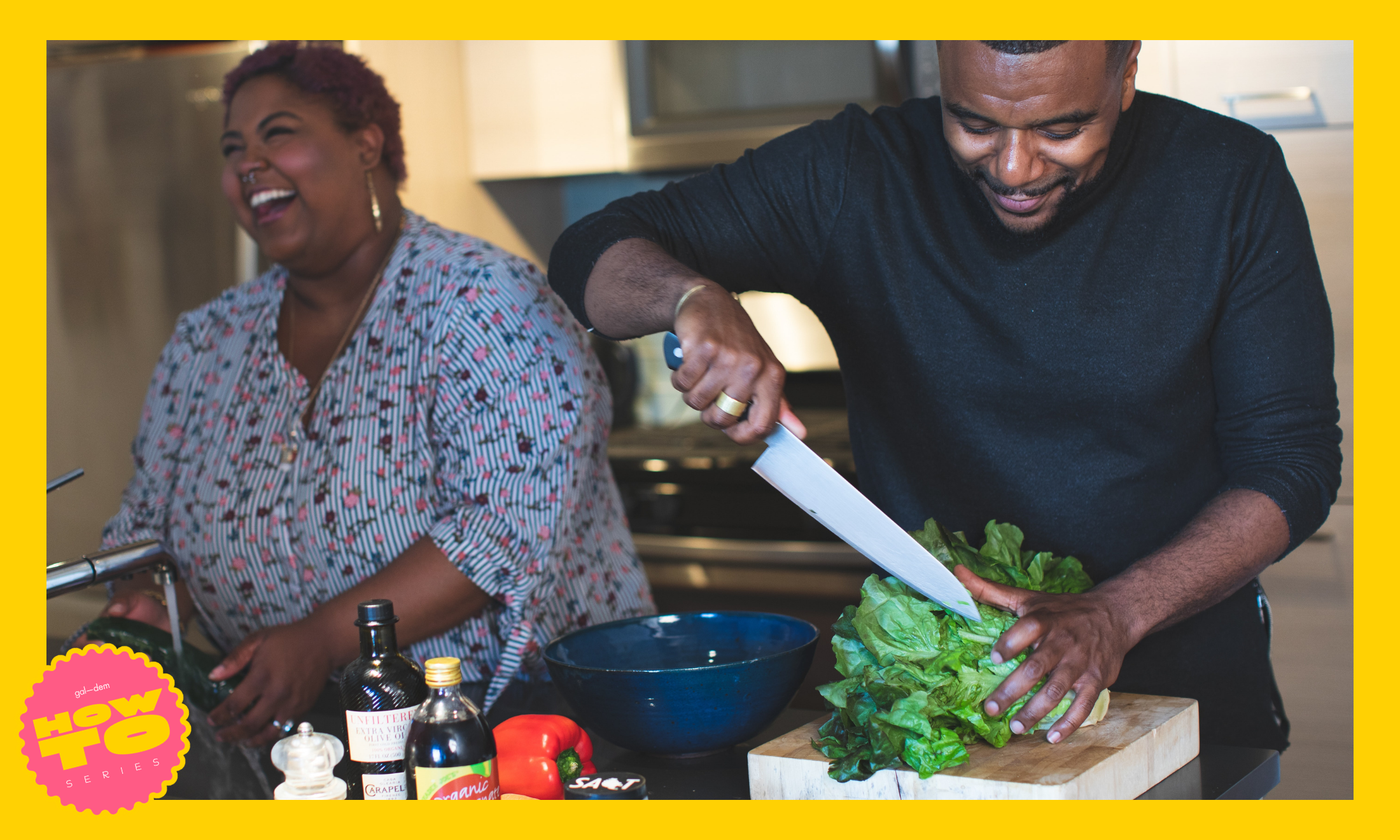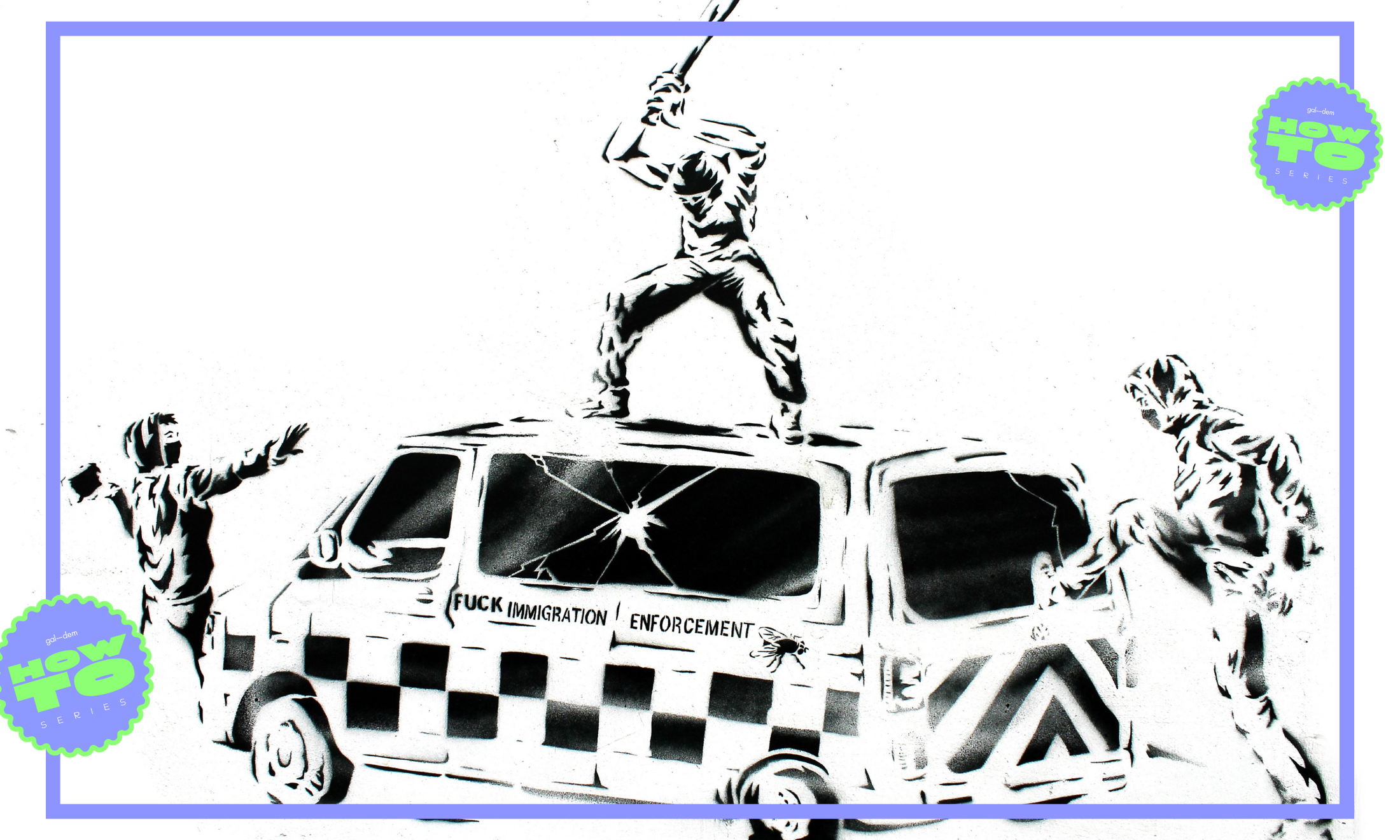The gal-dem guide to resources supporting us through the cost of living crisis
Where the government has failed, we’ve compiled a list of some of the initiatives and organisations providing support to help us get through this time.
Anita Bhadani
05 Oct 2022
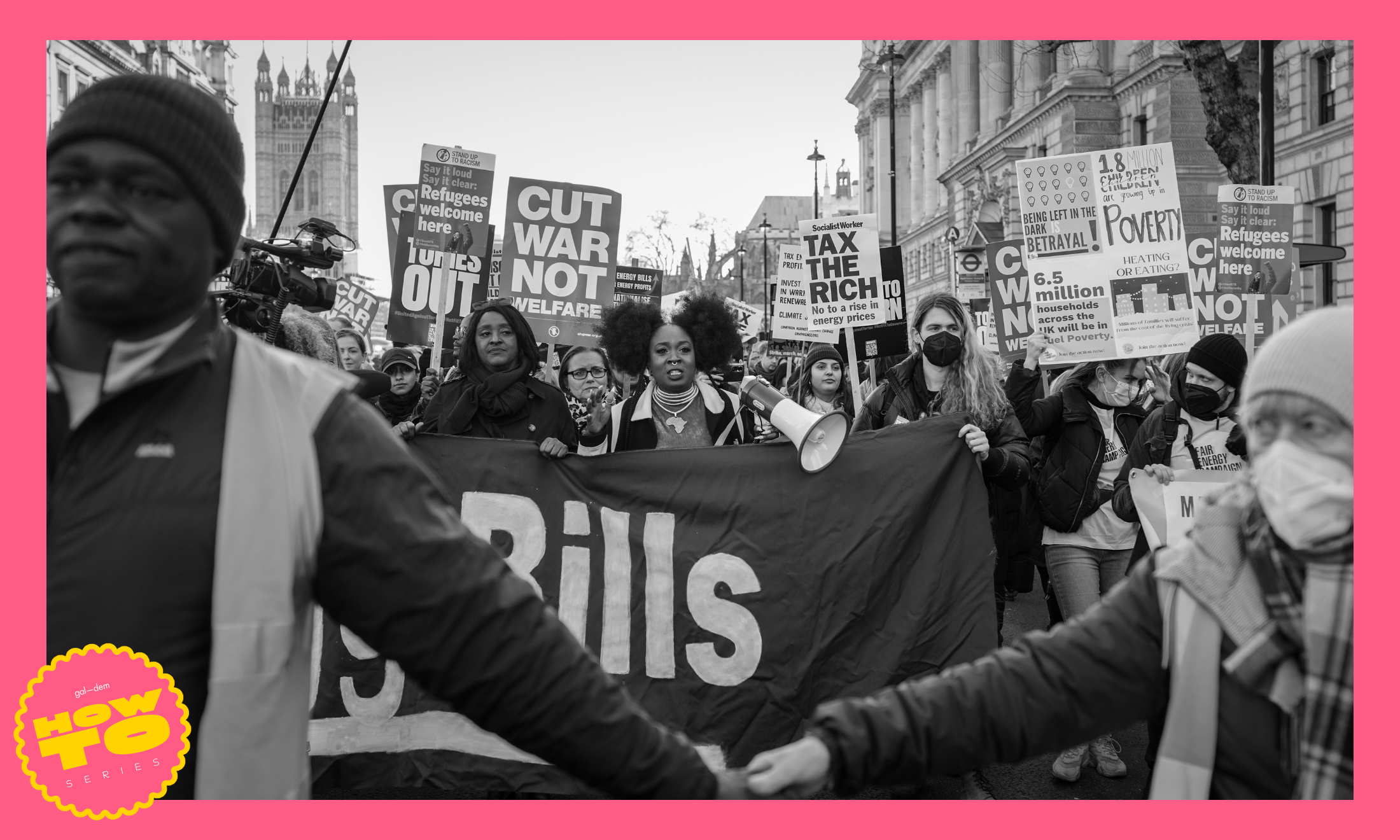
Alisdare Hickson
The cost of living crisis is impacting all aspects of our lives, from renting and dating troubles to soaring energy bills and food prices. Over the next two weeks and beyond, gal-dem is publishing stories exploring our communities’ experiences during this tumultuous time – and what we can do to collectively work towards a fairer future.
Let’s get one thing straight – this article should not need to be written. The cost of living crisis we are currently facing here in the UK is one borne of political choice, and ultimately it is the UK government who must take the responsibility of providing support for people across the country who face soaring energy costs, food costs that sit at a 14-year high, and deteriorating mental and physical health.
Crucially, the cost of living crisis must be viewed through intersecting lenses including class, gender, race and ableism; although the crisis will impact us all, its effects will not be felt equitably. It is those with the least access to wealth in our society – disproportionately made up of groups including people of colour, disabled people, people with insecure immigration status, women and people from marginalised genders, and LGBTQIA+ people – who will face the sharpest end.
If you’re struggling to cope during the crisis, support is out there. With this in mind, we’ve compiled a (non-exhaustive) list of some of the resources and initiatives on offer to provide support.
The Citizens Advice Bureau (CAB) is a network of independent charities across the UK that provide free, confidential and independent advice and support. This includes help with understanding what benefits and financial support you may be entitled to and how to access it; advice on accessing support to pay for essential costs, such as bills, rent, food, and travel; advice on dealing with debt; food bank referrals; and help with filling out paperwork.
You don’t need to hold UK citizenship to access support, though your local bureau can only help you if you live or work in their area. You can get in touch by booking an in-person appointment at your local bureau, calling their national helpline or contacting them through their online chat system.
Turn2Us (T2U) provides clear, accessible information on financial support available on their website (or through their helpline, for those who face barriers to digital access). This includes their online benefits calculator, which can help you check what kind of support you may be entitled to – more than seven million households in the UK currently miss out on more than £15bn in support they’re entitled to each year, so it’s worth checking.
Food banks and food aid
Food parcels typically contain at least three days’ worth of meals and can also contain non-food essentials – many food banks can also cater for dietary requirements depending on their availability. To access most food banks you will need a referral – your local food bank will provide information on which referral agencies they work with. The Trussell Trust runs two in three food banks in the UK today, and you can find your nearest one on their website. The Independent Food Aid Network also has a non-exhaustive map of independent food banks operating across the UK.
Additionally, the global volunteer movement Food Not Bombs runs events across the UK where they distribute free vegetarian and vegan meals with food that would otherwise be discarded, in protest against war, poverty and environmental destruction. Community fridges are another resource you can access, which act as a space for food waste to be reduced while providing free food for all.
Sanitary and hygiene products
Many food banks offer free sanitary products if you’re struggling to afford them. If you’re a student, you can check with your students’ union to see if they offer these too. The Scottish government recently passed legislation requiring all public places to provide free period products – you can download the app PickupMyPeriod to find a venue near you. Beauty Banks and The Hygiene Bank support those who are struggling to afford hygiene and personal grooming products.
Money saving tips
One of the most comprehensive resources for money saving tips, including free offers and deals, can be found on MoneySavingExpert. It goes without saying that we can’t thrift our way out of a cost of living crisis, however, the practical tips offered here can hopefully help make this time more manageable.
Free to low-cost mental health support
It can be daunting to reach out for support, but you don’t need to carry the burden alone. Mind has a list of external helplines offering a non-judgemental listening ear, some of whom operate 24/7 and may be able to offer support via e-mail, text or online live chat. gal-dem also has its own list of external therapists and organisations who specialise in understanding experiences of intersecting oppression, inclusive of free to low-cost options.
Housing support
As the cost of living crisis worsens, almost 2.5 million renters are behind or constantly struggling to pay rent – 45% more than in April 2022. The housing charity Shelter can provide free advice and support on a range of housing issues and help you understand your rights – whether you’re struggling to pay bills or rent, dealing with poor accommodation, are facing homelessness, or are dealing with unscrupulous landlords. Joining a tenants’ union is also a way to build collective power; in England and Wales, ACORN are mobilising to affect change, while across Ireland, there’s Community Action Tenants Union, and Living Rent in Scotland.
Support if you’re in an abusive situation
A third more women are reporting domestic abuse to charities during the cost of living crisis, while 96% of survivors have stated that the cost of living crisis has seen a negative impact on the money available to them. If you’re facing abuse of any kind – physical, sexual, emotional, and/or economic – there are organisations out there who can provide a range of support.
Refuge runs a 24-hour, free, confidential domestic abuse helpline. Organisations such as Galop, Survivor’s Network, Rape Crisis Scotland are particularly inclusive in supporting LGBTQIA+ communities. The charity Surviving Economic Abuse also has a range of resources available on their website to help you understand your rights, alongside running a financial support line for specialist advice to anyone experiencing domestic abuse and is in financial difficulty. Spark & Co has compiled a comprehensive list of charities and organisations across the UK supporting those experiencing domestic abuse, inclusive of a number of services specifically for people of colour.
Join a union
Joining your workplace union – or organising to start one – can help build power in our workplaces, negotiate better pay and conditions, and to ensure our rights are respected. Kudsia Batool, who leads the Trades Union Congress‘ (TUC) equalities team, tells gal-dem: “We are seeing the impact of this power in the cost of living crisis. Employers are legally required to negotiate pay with staff reps in unionised workplaces. And it means that unions are getting some big wins on pay for their members.”
Tackling inequality is a central priority for unions too, she continues. “Throughout our history, unions have won important advances, from equal pay legislation to stronger maternity rights and equal marriage. And we must now write a new chapter – from mandatory pay gap reporting to action on sexual harassment, racial discrimination, long Covid and flexible working for all, we can make a difference.” Check out the TUC’s union finder tool on their website.
Campaigning and volunteering
Given the scale of the crisis, it’s understandable to feel overwhelmed and to even isolate ourselves. But it is in standing in solidarity, whatever our backgrounds, that we can support one another through the storm. Robina Qureshi, CEO of Glasgow-based charity Positive Action in Housing, says getting involved with initiatives can also have a positive effect on our own wellbeing.
“It is significantly more fulfilling than pursuing material or financial gain, and it allows you to interact with others who share your values,” she explains. “In the process, you help individuals move on in their lives after experiencing life shocks, and you can influence societal change by paying it forward and aiding others to do the same – while opposing bad government policies.”
Campaigns such as Enough is Enough, a campaign to fight the cost of living crisis, and Don’t Pay UK, a grassroots movement demanding a fair price for energy for everyone, are mobilising people across the UK and helping to channel despair into action. You can also look up opportunities in your local community, and volunteer your time to support local and grassroots organisations and charities working to support those most in need. While we all have different capacities, there are a range of ways that you can get involved to create change.
Because indeed, even as things are undeniably bleak, change is possible. While mitigating the crisis’ impacts can’t be done through individuals saving here and there, we all have power and agency to affect change in our communities when we stand together.
Do you have more resources to add? Please email your suggestions to politics editor naomi@gal-dem.com.
Our groundbreaking journalism relies on the crucial support of a community of gal-dem members. We would not be able to continue to hold truth to power in this industry without them, and you can support us from £5 per month – less than a weekly coffee.



